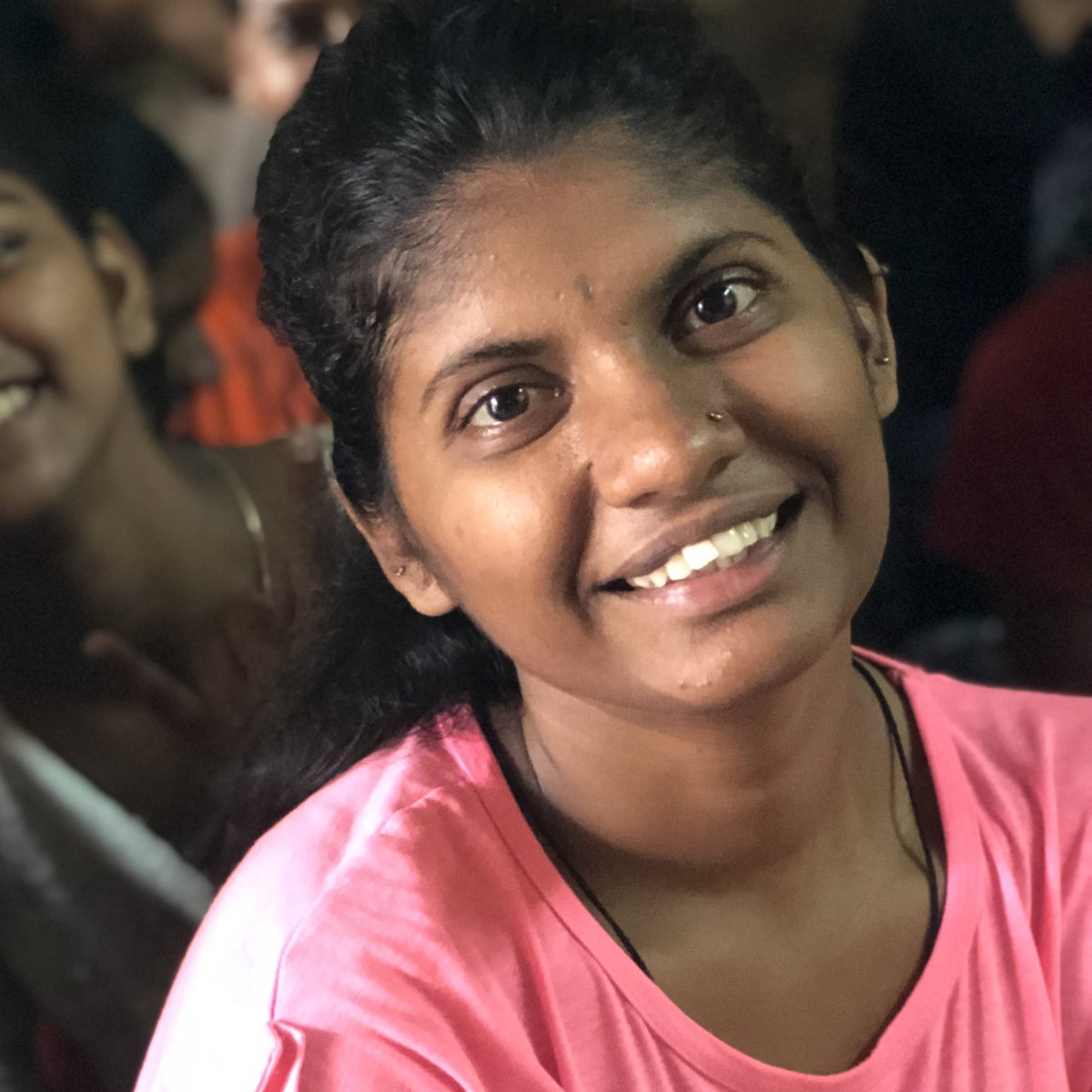
"They come to learn about their rights and develop leadership skills to take action in their community to advance those rights."
The Tree House
By Kim Burnett, Shadhika President and CEO
July 16, 2018
Reading Time: 5 minutes As we ascend the steep ladder to get to the second story meeting space, I feel like a girl again, climbing into a secret tree house. This is the new meeting space for the Vacha students participating in the after-school program that Shadhika is funding.
As we ascend the steep ladder to get to the second story meeting space, I feel like a girl again, climbing into a secret tree house. This is the new meeting space for the Vacha students participating in the after-school program that Shadhika is funding.
The room is small and packed with girls between the ages of 10 and 19. Over a hundred students participate in this program during the week, in three different sessions. They come to the program to get tutoring in English and computers, but also to learn about their rights and develop leadership skills to take action in their community to advance those rights.
Today we are meeting with about forty students who walk us through a PowerPoint presentation of their progress since my last visit six months ago. The girls explain that they had to shift to this new location because their local elected leader, from whom Vacha was renting the old space, took issue with the advocacy work the girls’ were doing around toilets.

Home to a largely migrant population of day workers and domestic workers, the official census of their community is 15,000 people, though the girls estimate it is probably more like 25,000. It is the third largest ‘basti’ or slum in Mumbai. In their community, there are only eight toilets for men and four for women. Of the four for women, only two are functioning. These toilets have no doors and women often have to wait up to an hour and a half to use them. Many do not use them at all because they are so unsafe and poorly maintained.
They explain that after my last visit, they went to meet with their elected official to ask her to fix the toilets. She dismissed their request outright. That’s when they lost their meeting space.
Undeterred, the girls decided to organize a “pressure group” made up of their mothers, aunts, grandmothers, and other women in the community to advance their cause. They wrote articles about the issue in their twice-yearly newsletter, distributing copies throughout the community. They went door-to-door, gathering signatures to bring to their elected official, to put pressure on her to address the issue.
Still, they got no response. So with Vacha’s help, the girls filed a Right To Information petition, similar to our Freedom of Information Act, to find out what the municipal budget was for the toilets. They learned their municipality receives 70,000 INR (about $1,000 USD) annually for toilet maintenance and that only one toilet has received funding – the one that is located closest to the municipal leader’s house. The records showed that the other toilets have not received maintenance in almost 30 years.

Again, the girls wrote letters, this time to the municipal corporation and the health department. Initially, the health department said this was not their responsibility, but then the girls conducted a survey of the health issues women are facing as a result of this issue. In their survey of 100 women, 87 reported having vaginal infections and two reported having cervical cancer. The health department has begun to take notice.
August marks India’s Independence Day, and most communities hold large, public celebrations. The girls excitedly tell me of their plans to perform a street play on this issue. 2019 is also an election year and the girls are now exploring how to make this a key issue in that process.

As their presentation winds down, we talk for a while about possible strategies going forward and what they are learning from this experience. We fall into informal chitchat about the summer and what fun things they’ve been doing. They mention seeing the movie Spiderman. Inspired, I ask them what they think their superpower is?
Not missing a beat, they say, “Vacha.” and “Us, together.”
The whole room breaks into grins. I never want to leave this tree house.

